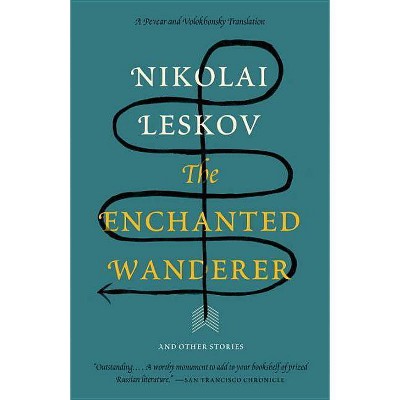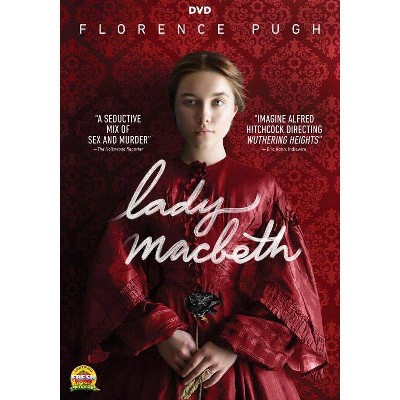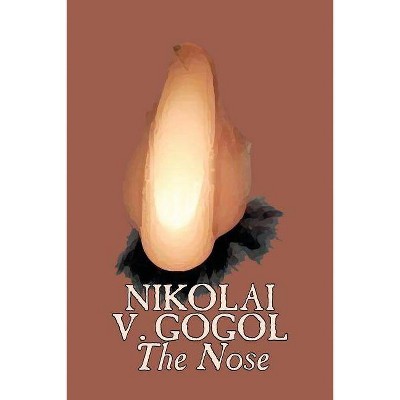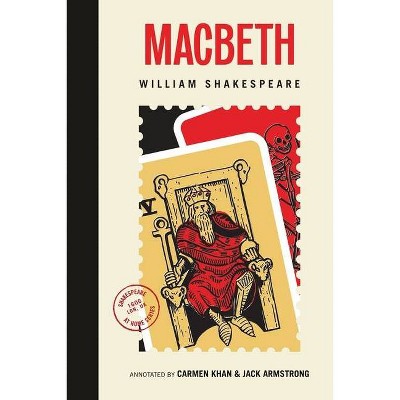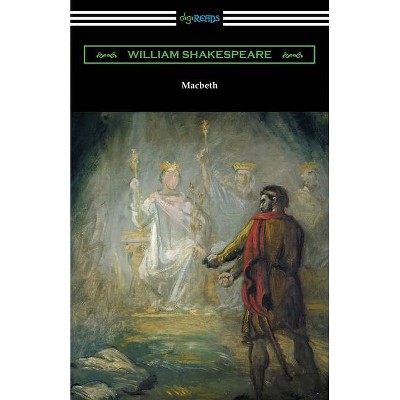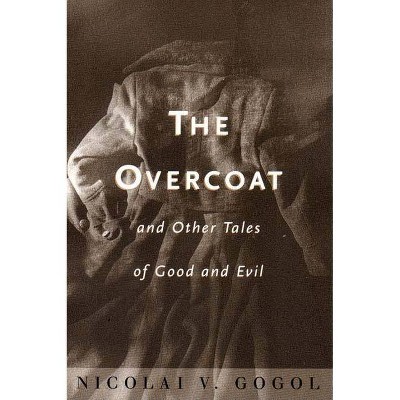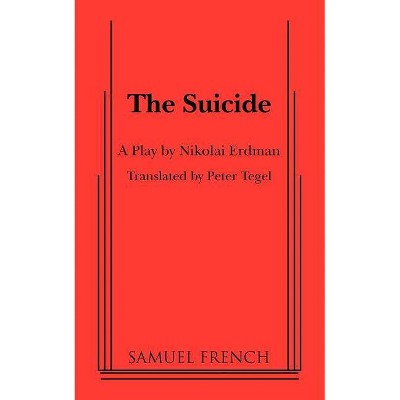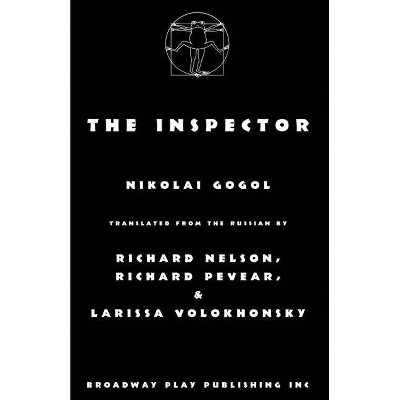Lady Macbeth of Mtsensk - by Nikolai Leskov (Paperback)
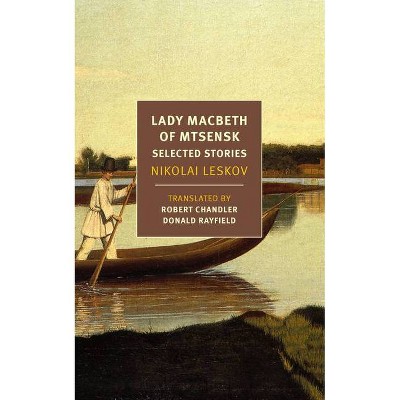
Similar Products
Products of same category from the store
AllProduct info
<p/><br></br><p><b> About the Book </b></p></br></br>"From Nikolai Leskov's enormous and varied literary output over some forty years, we have selected six works which represent each period and the contrasting genres and subjects of his fiction. Two of these stories ... have never been translated into English before ... Earlier English versions [of the other four stories] have been inadequate: the new versions in this collection not only correct mistakes by previous translators, but are based on Leskov's original text, not the censor's deletions, and aim, we believe successfully, at capturing the peculiarly enchanting qualities of Leskov's narratives. Leskov has been overlooked outside Russia, where the general critical opinion is that he is a writer who deserves the same status as Turgenev, Dostoevsky, Tolstoy, or Chekhov. This selection should go a long way to restoring Leskov to the ranking he merits"--<p/><br></br><p><b> Book Synopsis </b></p></br></br><b>A new collection of the renowned Russian writer's best short work, including a masterful translation of the famous title story.</b> <p/>Nikolai Leskov is the strangest of the great Russian writers of the nineteenth century. His work is closer to the oral traditions of narrative than that of his contemporaries, and served as the inspiration for Walter Benjamin's great essay The Storyteller, in which Benjamin contrasts the plotty machinations of the modern novel with the strange, melancholy, but also worldly-wise yarns of an older, slower era that Leskov remained in touch with. The title story is a tale of illicit love and multiple murder that could easily find its way into a Scottish ballad and did go on to become the most popular of Dmitri Shostakovich's operas. The other stories, all but one newly translated, present the most focused and finely rendered collection of this indispensable writer currently available in English.<p/><br></br><p><b> Review Quotes </b></p></br></br><br>"Certainly what impresses in Leskov is his all-seeing but unjudging eye. . . . Leskov is emphatically unlike either Tolstoy or Dostoyevsky, and bears only passing comparison with Turgenev. Rather, he emerges as a literary missing link, a writer who brings the metafictional playfulness of Sterne into the Russian tradition, melding this sophistication with his embrace of the folk tale and vernacular of the common people. Then, vitally, there is his legacy to Chekhov: a moral benevolence and humor-filled acceptance of the full range of humanity." --Claire Messud, <i>The New York Times <p/></i>"Nikolai Leskov's absence from classic Russian literature lists must end now! If you like Russian, and you like funny, you will love Leskov." --Gary Shteyngart <p/>"Stories as strong as fables and crazy as life." --Alice Munro<i><br></i><br><p/><br></br><p><b> About the Author </b></p></br></br><b>Nikolai Leskov</b> (1831-1895) was a novelist, short story writer, playwright, and journalist. He began his literary career in the early 1860s with the publication of his short story The Extinguished Flame, the novellas <i>Musk-Ox </i>and <i>The Life of a Peasant Woman</i>, and his novel <i>No Way Out</i>. He is best known for his major works<i> Lady Macbeth of Mtsensk</i>, <i>The Cathedral Clergy</i>, <i>The Enchanted Wanderer</i>, and <i>The Tale of Cross-eyed Lefty from Tula</i>, and<i> The Steel Flea</i>. <br/><br/><b>Robert Chandler</b> has translated many NYRB Classics, including <i>Soul</i> and <i>The Foundation Pit</i> by Andrey Platonov and <i>Life and Fate</i> and <i>Stalingrad</i> by Vasily Grossman. He lives in London. <br/><br/><b>Donald Rayfield</b> is an emeritus professor of Russian and Georgian at Queen Mary University of London. He translated Nikolai Gogol's <i>Dead Souls</i> and Varlam Shalamov's <i>Kolyma Stories</i> and <i>Sketches of the Criminal World</i>.
Price History
Price Archive shows prices from various stores, lets you see history and find the cheapest. There is no actual sale on the website. For all support, inquiry and suggestion messagescommunication@pricearchive.us
